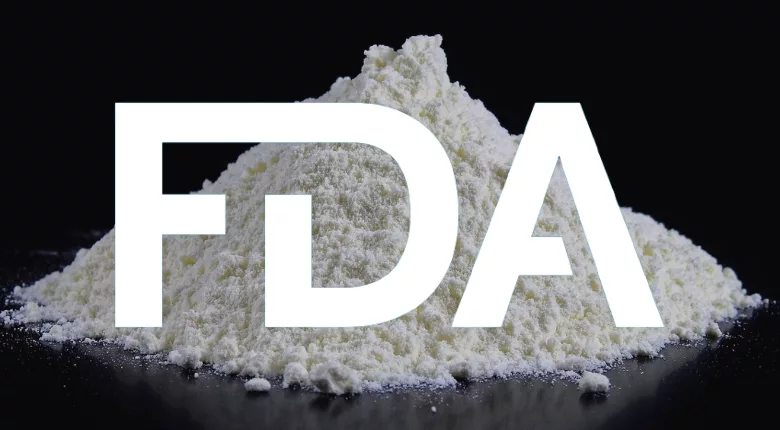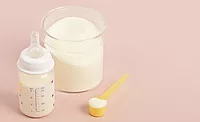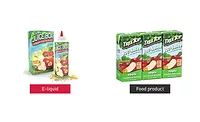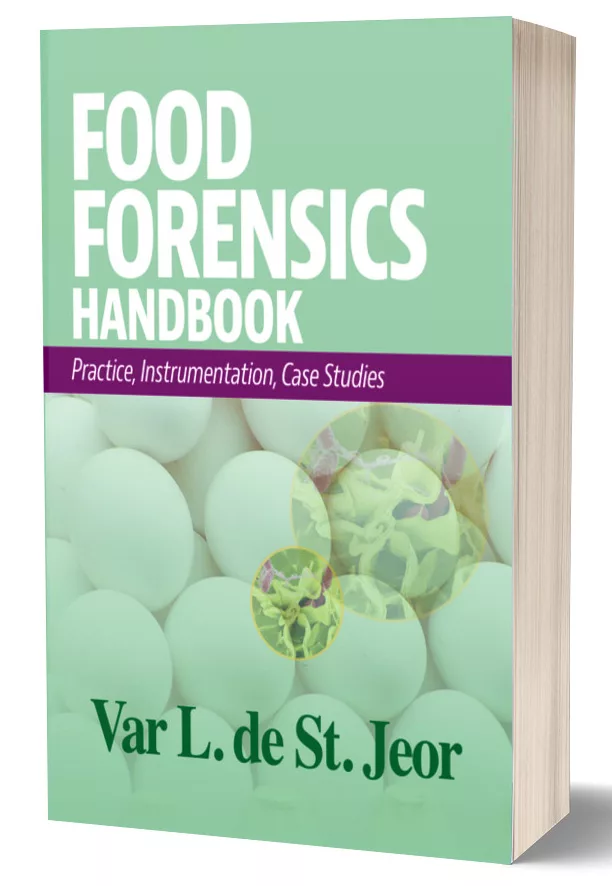After Finding Cronobacter, FDA Issues Warning Letters to Three Infant Formula Manufacturers

Following recalls of product potentially contaminated with Cronobacter sakazakii and subsequent inspections, the U.S. Food and Drug Administration (FDA) has issued warning letters to three infant formula manufacturers for failing to adequately prevent the pathogenic adulteration of their formula products.
Although FDA is not currently advising parents and caregivers to discard or avoid purchasing any particular infant formula with the issuance of the letters, advocacy groups like Stop Foodborne Illness are raising questions about the safety of the U.S. infant formula supply and the government’s “lack of urgency” and dearth of consumer communication. FDA, however, stated that the letters were issued as part of its normal regulatory process and to reinforce to firms the importance of instituting and maintaining appropriate corrective actions when foodborne pathogens are detected, including conducting root cause investigations, performing subsequent cleaning and sanitation activities, and evaluating their cleaning and sanitation practices, schedules, and procedures before releasing product. Additionally, FDA expressed that the issuance of the three letters is an example of how the agency is continuing to increase its oversight of powdered infant formula production, following the major recall of powdered formula products manufactured by Abbott Nutrition due to C. sakazakii contamination, which caused a nationwide shortage of infant formula during 2022.
Specifically, the letters accuse all three businesses of not establishing “system of process controls covering all stages of processing that was designed to ensure that infant formula does not become adulterated due to the presence of microorganisms in the formula or in the processing environment,” in violation of the Federal Food, Drug, and Cosmetic Act (FFDC). Reflecting FDA findings from inspections of their facilities over the course of several months, the letters were issued to ByHeart Inc., Mead Johnson Nutrition (Reckitt), and Perrigo Wisconsin, LLC. During each inspection, FDA issued observations and exercised oversight of the firms as they initiated recalls of product potentially contaminated with C. sakazakii in December 2022, February 2023, and March 2023, respectively.
FDA assures constituents that the U.S. infant formula supply is healthy, with national in-stock rates at 85 percent or higher since the beginning of 2023.
Looking for quick answers on food safety topics?
Try Ask FSM, our new smart AI search tool.
Ask FSM →








